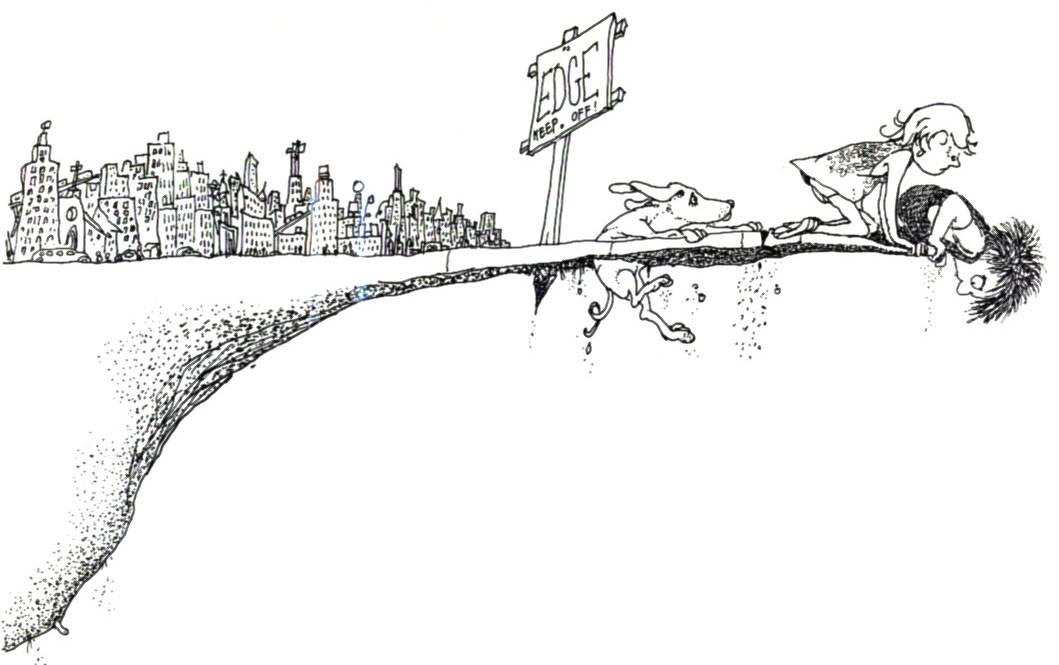- Psalm 1 functions as a theological introduction to the Psalms (McCann 25). Its introduction of the themes of "happiness," righteousness, and wickedness helps to orient the reader of Psalms in these concepts. Strawn points especially to the nearly archetypal characterization of the righteous versus the wicked, and its inherent urging to follow the path of the righteous (53). However, the most important theological function of Psalm 1 is to emphasize the importance of torah--or instruction. McCann would point out that he Psalms themselves function as torah (see 25-40). As a theological introduction to the Psalms, Psalm 1 lets the reader know that "the way" continues by reading on. Emphasizing this aspect of Psalm 1 would be especially important in the context of a Bible study on the Psalms, or in a larger consideration of the book of Psalms. For preaching purposes, though, I think it's important to focus on "the world within Psalm 1" (Strawn 51).
- It had never occurred to me before that Psalm 1 is a beatitude (Mays 40). First of all, in today's culture, I think that beatitudes that describe a faith-oriented way of life make a counter-cultural statement. As McCann points out, Psalm 1 actuall points out that the wicked are actually those who think of themselves as, "self-instructed, self-directed, and self-ruled" (38). American culture so proudly affirms these attributes that the opening line of Psalm 1 could be read as a radical statement: happiness comes from openness to instruction and obedience to that instruction. Happiness from obedience? From discipline? Boy...THAT is counter-cultural stuf.
- Of course, when reminded of beatitudes, one cannot help but think of Matthew 5: 1-12. So, how does it compare? Like Matthew 5's beatitudes, Psalm 1 describes the ideal faithful individual. While Matthew gives us some pretty solid examples of how this faithfulness is carried out, Psalm 1 only gives us one: she makes constantly available to God's instruction. Then, the beatitude veers into metaphor, doing more to support this assertion than to flesh it out. Psalm 1 is not as explicit in its description of acts of justice and righteousness, but seems to assume that acts of justice (vs. 5a) and righteousness (vs. 5b, 6) will flow naturally from the one practice of availability to torah.
- For me, the most exegetically compelling part of Psalm 1 is the relationship of the wicked and the righteous. What Strawn characterizes as simple dualism (53), I see as a much more complicated matter. In fully characterizing the righteous and the wicked, most exegetes look to the larger use of these words on the psalmic vocabulary or in the Hebrew canon. Mays describes the three main roles of the wicked in the psalms as characters drawn in contrast to the righteous as a warning, as those who hurt others, and as those who threaten the faithful (43). However, he goes on to say, "In all their roles, the wicked represent the incongruence in the human world between the will of God and the will of human beings" (43). McCann also sketches the wicked as those who, through misguided autonomy, cut themselves off from their source of life (39). However, a close reading reveals that casting these journeys of the righteous and the wicked as divergent to the point of life or death may be overstating things. The text does not use language that refers to the actual state of being alive or to physical death. As McCann pointed out in class, "perish" in verse 6b is actually better translated as "leads to ruin" (9/16/13). And I think it is worth pointing out that it is not the wicked themselves that perish, but their way. It begs the question...what happens then?
- I think this is an important interpretive point. Mays encourages us to move beyond a reading of proud legalism in Psalm 1, and in doing so, he points out our error in wanting always "to begin over and over with God's forgiveness and saving work, because we are fascinated with our sin" (Preaching 162). Humanity will always be fascinated with our sins, will always be distracted from the way of righteousness onto the way of wickedness. But what I believe the last line of Psalm 1 tells us is not that you're wicked and then you die. Rather, I believe that it indicates that when that way runs out--and it will run out: the money will no longer satisfy, the possessions won't sustain, the independence will become lonely, and the misplaced values will prove empty--there is always the path of the righteousness that extends before us. We may have to retrace our steps a bit to get to it, but it's there. The way of the wicked will perish. But God is not dooming the wicked to eternally wander out of God's presence.
- The gracious aspect of the Psalm is illuminated in this reading: torah is always available to us. Though we might not always make use of it, it is there. We walk in the way of the righteous when we turn to it; in the way of the wicked when we don't. And I believe that a picture of the simultaneously righteous and wicked is a much more relevant (and gracious) reading of the text than of the dualistic understanding of the two.

Illustration by Shel Silverstein "Where the Sidewalk Ends"
Friday, September 13, 2013
Psalm 1--Exegetical Thoughts
Subscribe to:
Post Comments (Atom)

No comments:
Post a Comment